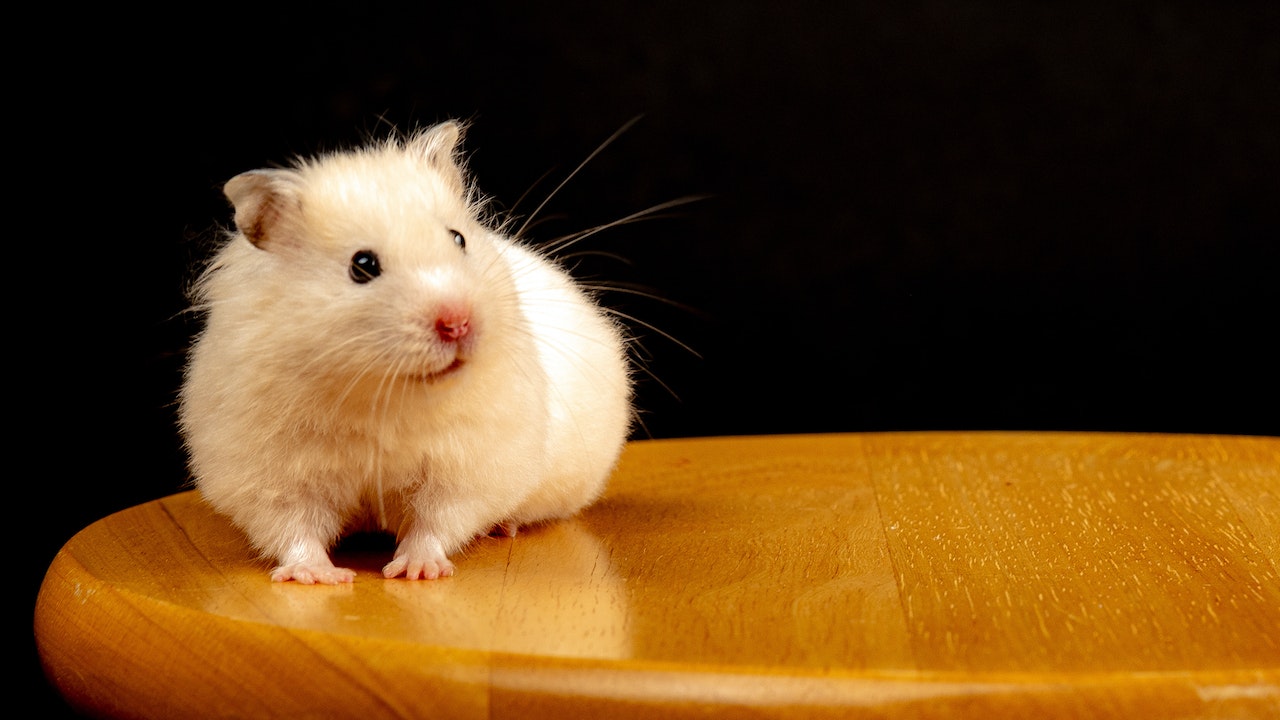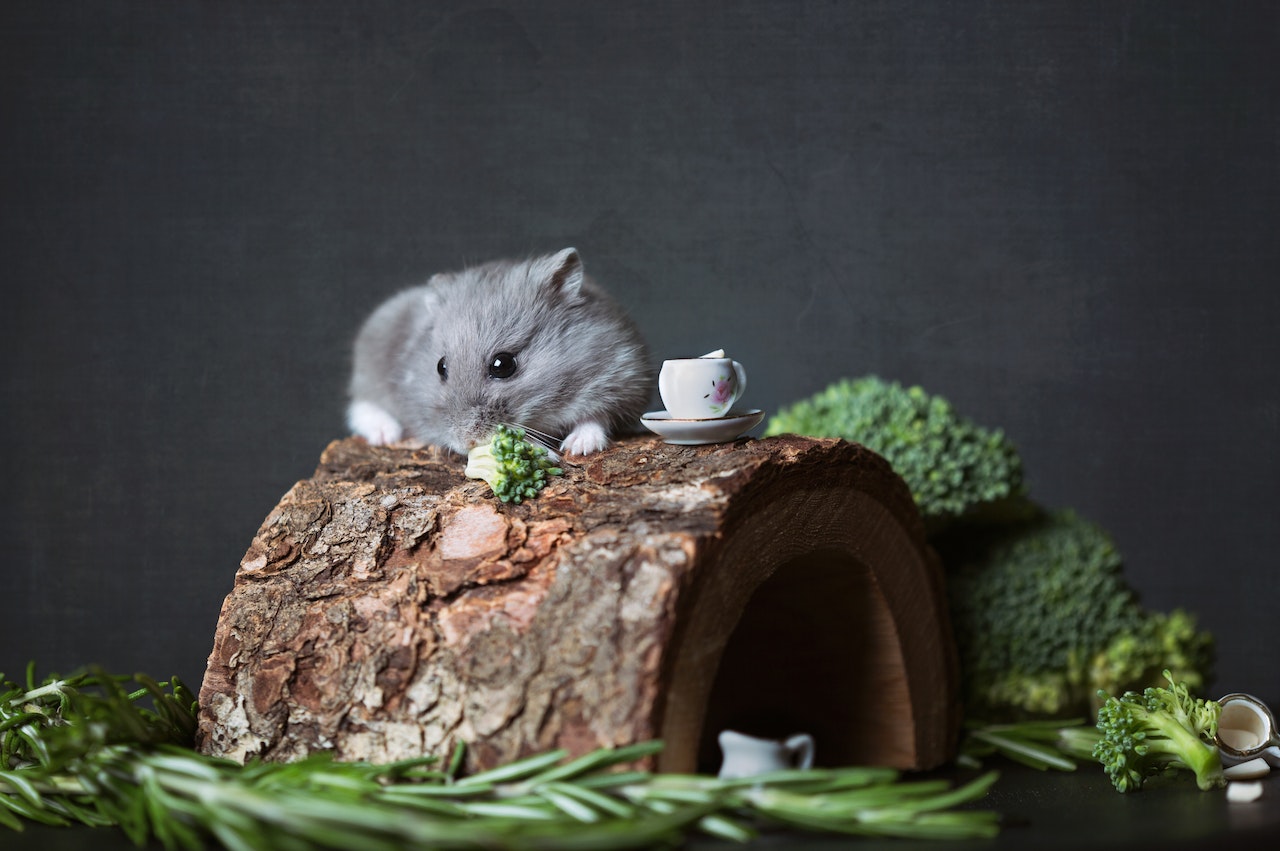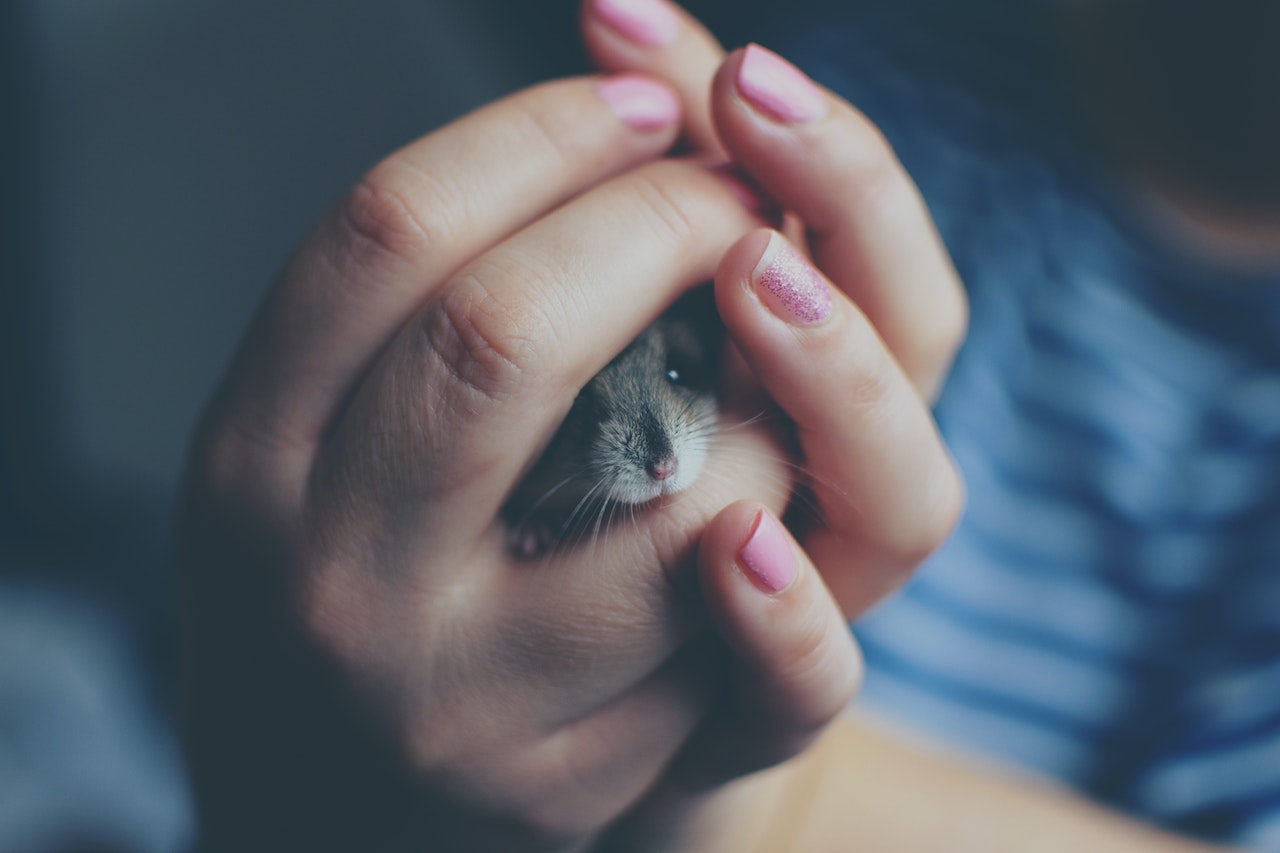Can Hamsters Eat Nettle? Exploring Nettle as a Potential Hamster Food
Nettle, a common plant known for its stinging properties, has gained attention for its potential health benefits. But when it comes to our furry friends, such as hamsters, it's important to consider their dietary needs and the safety of introducing new foods. In this article, we will delve into whether hamsters can safely consume nettle and explore its nutritional composition and potential advantages.
Can Hamsters Eat Nettle?
In short, yes, hamsters can eat nettle, but with caution. Nettle leaves should be thoroughly cleaned and prepared before offering them as a treat to your hamster. The prickly nature of nettle leaves requires careful handling to remove the stinging hairs, which can cause discomfort to both you and your pet.
Can Syrian Hamsters Eat Nettle?
Yes, Syrian hamsters can eat nettle, but with proper precautions. This is so majorly because of its prickly nature. The nettle leaves have stinging hairs and should be carefully handled and removed before feeding them to your robust Syrian pet.
Syrian hamsters may enjoy the nutritional benefits of nettle, but it's important to offer it in moderation and prepare it correctly.
Can Roborovski Hamsters Eat Nettle?
Roborovski hamsters can also eat nettle, provided it's prepared appropriately. The stinging hairs on nettle leaves must be removed before offering them as a treat. While the nutritional content of nettle can be beneficial for Roborovski hamsters, remember to introduce it gradually and monitor their response.
Can Dwarf Hamsters Eat Nettle?
Dwarf hamsters, including Campbell's and Winter White hamsters, can consume nettle as part of their diet. However, like other hamster species, proper preparation is essential to remove the stinging hairs. While nettle can be a source of vitamins and minerals for dwarf hamsters, it should be given sparingly.
Can Hamsters Eat Cooked Nettles?
Cooked nettles are a safer option for hamsters. Cooking the nettle leaves can help eliminate the stinging hairs and make them more palatable. While cooking might reduce some of the nutritional content, it can still offer valuable nutrients. Ensure the cooked nettles have cooled down before offering them to your hamster.
Can Hamsters Eat Raw Nettles?
Raw nettles can be consumed by hamsters, but precautions are necessary. Raw nettles should be carefully handled to remove stinging hairs, and only the soft parts of the leaves should be offered. Feeding raw nettles sparingly can provide a natural and nutritious treat for your hamster.
Note: Nettles can be a nutritious addition to your hamster's diet if prepared and offered properly. Different hamster species, including Syrian, Roborovski, and dwarf hamsters, can benefit from the vitamins and minerals that nettles provide. Cooked or raw, nettles can be a source of enrichment and health support for your furry friend.
Nutritional Composition and Qualities of Nettle
Prioritizing your hamster's safety by thoroughly cleaning and preparing nettles, removing stinging hairs, and offering them in moderation will go a long way in helping your little furry friend.
By doing so, you have provided a well-rounded and varied diet that contributes to the overall health and happiness of your beloved hamster.
Nettle is rich in various nutrients that can contribute to a hamster's diet. It contains the vitamins A, C, and K which are very beneficial. Additionally, it is a good source of minerals like calcium, iron, and magnesium. These nutrients are essential for maintaining the overall health and well-being of your hamster.
Benefits of Feeding Nettle to Hamsters
There are a lot of health benefits associated with nettles that your hamster can gain if fed properly. Such benefits include:
-Vitamin Boost: The vitamins found in nettle can support your hamster's immune system, promote healthy fur, and aid in proper digestion.
-Mineral Content: The minerals in nettle contribute to bone health and can help prevent deficiencies that might lead to brittle bones or dental issues.
-Hydration: Nettle has a high water content, which can aid in keeping your hamster hydrated, especially during warmer months.
-Fiber: Nettle is also a source of dietary fiber, which can help maintain healthy digestion in hamsters by preventing constipation.
Nettle Preparation and Precautions
Before offering nettle to your hamster, there are some cautionary steps to follow to ensure your pet's safety:
-Harvest Safely: If you're collecting nettle from the wild, be sure to wear gloves to protect yourself from the stinging hairs. Washing the leaves thoroughly helps to remove any dirt or contaminants that may be present.
-Cooking or Drying: To eliminate the stinging hairs, you can blanch or steam the nettle leaves. Afterward, allow them to cool and dry before offering them to your hamster.
-Moderation: Introduce nettle to your hamster's diet gradually and in small amounts. Too much of any new food can upset your hamster's stomach.
Risks of Feeding Nettle to Hamsters
- Stinging Hairs: Nettle leaves are covered in tiny stinging hairs that can cause discomfort to your hamster's mouth and digestive tract. Thoroughly removing these hairs is crucial before offering nettles.
- Overconsumption: As with any new food, overfeeding nettles to your hamster can lead to digestive upset. Introduce nettles gradually and observe your hamster's reaction.
- Variety and Balance: Nettles should be a supplement to a balanced hamster diet, not a primary source of nutrition. Ensure your hamster's diet includes a variety of appropriate foods.
Other Healthy Hamster Foods
If you are unsure about feeding your hamster nettles, you can always consult your veterinarian.
You can also explore the world of other fresh vegetables like
- Carrots: These are rich in vitamin A and fiber. They are a crunchy and nutritious choice.
- Cucumbers: These are hydrating and low in calories. They simply provide a refreshing treat.
- Bell Peppers are a source of vitamin C and antioxidants. They add color and flavor.
Conclusion
In conclusion, nettle can be a nutritious and beneficial addition to your hamster's diet if prepared and offered properly. Its vitamins, minerals, and hydration qualities can contribute positively to your furry friend's well-being. Remember to exercise caution and moderation when introducing new foods, and always prioritize your hamster's safety and health.
By taking the time to prepare nettle appropriately and considering your hamster's individual dietary needs, you can offer a variety of treats that contribute to a happy and healthy pet.


